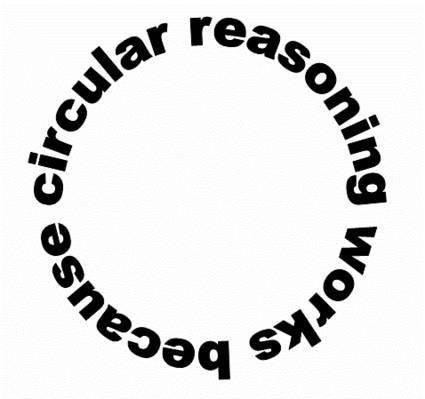MaggieMae
Reality bits
- Apr 3, 2009
- 24,043
- 1,635
- 48
Article I, Section 8, Clause 1."The Congress shall have Power To lay and collect Taxes, Duties, Imposts and Excises, to pay the Debts and provide for the common Defence and general Welfare of the United States; but all Duties, Imposts and Excises shall be uniform throughout the United States;"
Umm nowhere does that give power for compulsory consumption. Please look up the definition of Taxes, Duties, Imposts, Exicises. The Debt being talked about is a debt rung up by the government created by providing for the common defense and general welfare of the United States. Note... clearly this is not the general welfare of the CITIZENS, but the welfare of the national government meaning the ability to function.
If you stretch the general welfare clause out of shape to mean the government can do anything it feels to accomplish what they feel is in the best interest of the General Welfare you effectively INVALIDATE THE ENTIRE CONSTITUTION AND CREATE A TYRANNY, INSTANTLY!
To regulate Commerce with foreign Nations, and among the several States, and with the Indian tribes;"
No. This is not a 'one size fits all' power. This is talking about trade treaties allowing industry to trade between other nations, states or Indian Tribes. This does not provide for a compulsion to an individual citizen to consume anything.
Article I, Section 8, Clause 18. "The Congress shall have Power - To make all Laws which shall be necessary and proper for carrying into Execution the foregoing Powers, and all other Powers vested by this Constitution in the Government of the United States, or in any Department or Officer thereof." (See McCulloch v. Maryland for the significance here)
Nope. No power for universal health care here.
But thank you for playing. The lovely Odette has some lovely parting gifts for you like a cruise to Cuba so you can experience real universal health care that is Michael Moore approved, as well as live out your lives in the result of your ideals.
Your clever and smug remarks aside, if the Constitution is to be abided solely on its word, then why was it also a requirement therein that a United States Supreme Court would be tasked to rule on all of its stated provisions as required? Do you honestly think the framers were stupid enough to believe that time would stand still and that events would take place necessitating broader definitions?



